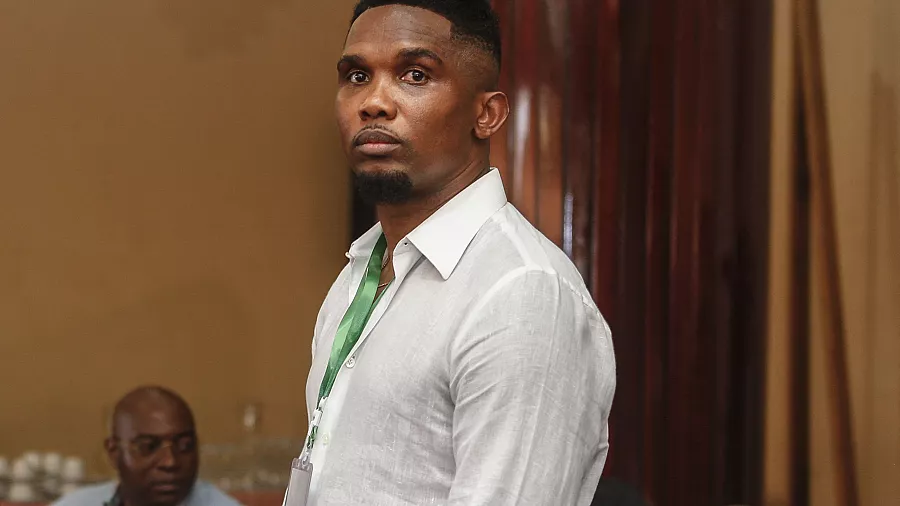In a surprising move, the president of the Cameroon Football Federation (FECAFOOT), Samuel Eto’o, has issued a directive imposing a new dress code for coaches. This directive has taken many by surprise and stirred discussions within the Cameroonian football community. As one of the most influential figures in African football, Eto’o’s decision aims to bring a new level of professionalism and unity to the coaching staff across various levels of the sport in Cameroon. Here’s an in-depth look at the implications and reasons behind this directive.
The New Dress Code Directive
The new directive from Samuel Eto’o requires all coaches in Cameroon to adhere to a specific dress code while performing their duties. This move marks a significant shift from the previous leniency that allowed coaches to dress according to their personal preferences. The specifics of the dress code include formal attire during official matches and training sessions, which means that coaches will now have to wear suits, ties, or other formal wear instead of casual or sportswear.
Reasons Behind the Directive
1. Professionalism
One of the primary motivations behind this directive is to elevate the level of professionalism within Cameroonian football. By enforcing a formal dress code, Eto’o aims to ensure that coaches present themselves with the dignity and respect that their roles demand. This move is expected to instill a sense of discipline and professionalism not only among the coaches but also among the players and other stakeholders.
2. Unity and Identity
A standardized dress code can help in creating a unified and cohesive identity for the coaching staff. When all coaches adhere to the same dress code, it fosters a sense of belonging and team spirit. This unity can translate into better teamwork and collaboration, which are crucial for the success of any football team.
3. Image and Perception
The image and perception of Cameroonian football on the international stage are also important factors. By ensuring that coaches dress formally, Eto’o is aiming to enhance the image of Cameroonian football in the eyes of international spectators, sponsors, and partners. A polished and professional appearance can contribute positively to the overall brand of Cameroonian football.
Reactions and Implications
The directive has elicited a mixed response from the football community in Cameroon. While some see it as a positive step towards modernization and professionalism, others view it as an unnecessary imposition on personal freedom.
Supporters’ View
Supporters of the directive argue that it is a much-needed change that will bring about a more professional and disciplined environment. They believe that the benefits of presenting a unified and respectable image far outweigh the inconvenience of adhering to a formal dress code.
Critics’ View
On the other hand, critics argue that the directive is overly stringent and limits personal expression. They contend that the focus should be on the performance and skills of the coaches rather than their attire. Some have expressed concerns that the directive could lead to unnecessary pressure and discomfort, potentially affecting the coaches’ performance.
The Way Forward
As the directive comes into effect, it will be interesting to observe how it influences the dynamics of Cameroonian football. The success of this initiative will largely depend on its implementation and the cooperation of the coaching staff.
Implementation Strategy
To ensure smooth implementation, FECAFOOT may need to provide clear guidelines and support to the coaches. This could include subsidizing the cost of formal attire or providing standardized uniforms to ensure consistency and compliance.
Monitoring and Evaluation
Regular monitoring and evaluation will be essential to assess the impact of the dress code directive. FECAFOOT may need to gather feedback from coaches and other stakeholders to make necessary adjustments and improvements.
Conclusion
Samuel Eto’o’s directive to enforce a formal dress code for coaches in Cameroon marks a significant shift towards professionalism and unity in Cameroonian football. While the move has sparked a variety of reactions, its success will ultimately depend on its implementation and the willingness of the coaching staff to embrace this change. As Cameroon aims to enhance its image on the international stage, this directive could play a crucial role in shaping the future of football in the country.
ALSO READ:France Criticizes Argentina’s Disrespectful Celebrations After Copa America Win


